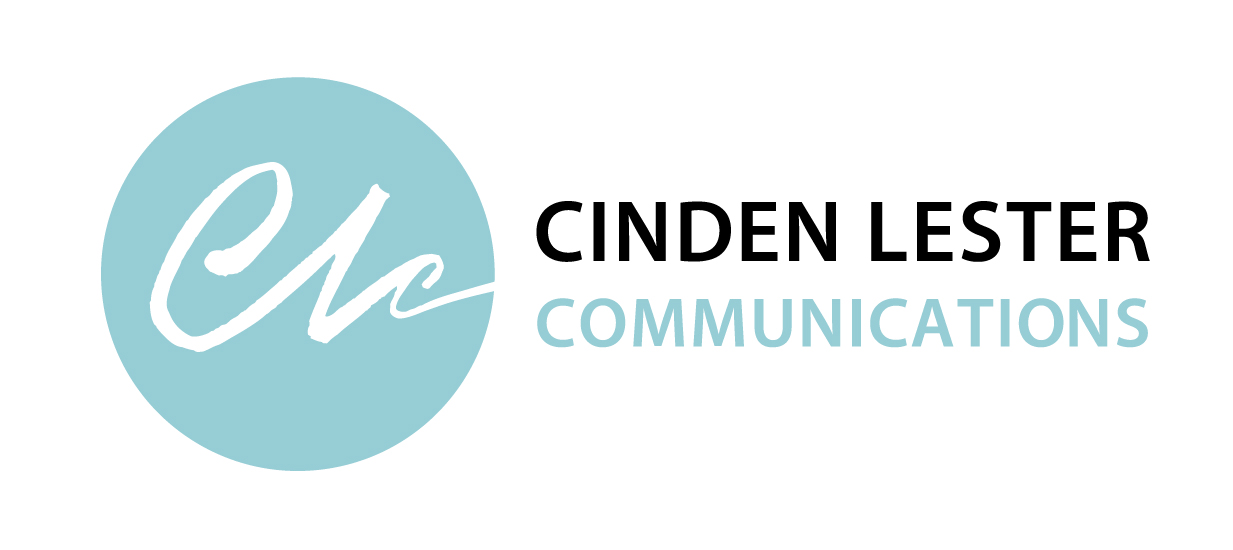Ever wondered what editors do? We work away quietly behind the scenes to perfect the finished product. Whether it’s just a final polish or a more substantial spring clean, we help bring out the best in your work.
Friend and fellow editor, Michelle Manly, has written this guest article about what editors do.
 An editor is an expert in written communication; his or her chief concern is to make your work better, clearer and more effective for your target audience.
An editor is an expert in written communication; his or her chief concern is to make your work better, clearer and more effective for your target audience.
Just like house elves, editors are unobtrusive in their work. Good editing is a bit like invisible mending: the finished product will be smoothed out, well-shaped, strengthened and fit for its purpose … and the repairs will not show.
Editors can help you by:
- making sure that the tone and language is suited to the target audience
- strengthening arguments with sound logic and facts
- eliminating unnecessary jargon and turning it into beautiful, plain English
- structuring your ideas in the most effective way
- fixing inconsistencies and ambiguities
- eliminating empty filler text and unnecessary repetition
- correcting grammar, syntax, punctuation and spelling
- checking for unintentional errors in meaning
- suggesting ways to integrate text with other media.
Don’t underestimate the value of a fresh pair of eyes. Writing is a pretty intense business and writers can become so close to their work that they lose sight of the overall purpose or structure. This is particularly so when the document is long or complex, or when there are a lot of contributors. An editor can usually spot repetition or inconsistencies that are no longer apparent to the writer.
Editing involves a lot more than just reading. Typically it involves several ‘passes’ through the document, looking for different things on each pass. This includes text and non-text items such as headings, tables, dot-point lists, photo captions and citations. Editors usually make one or more passes just looking at meaning and expression. Other passes look for consistency in the many non-text elements of the document.
During this process the document will come back to you once, or possible twice (more if it is especially complicated) for answers to questions that arise during editing.
Not a bit! Once an editor has your document in hand the process should be painless and is often quite interesting and educative. So, take time to brief your editor well; like you, he or she wants your document to be the best it can be.

Spell check doesn’t always cut it. This supermarket could have used an editor (poor old lunch box).
Michelle ([email protected]) is a freelance editor working in Melbourne who specialises in government publications.
Does your writing need a polish? Contact us if you would like to talk about how we can help.
| Cinden Lester has more than 25 years’ experience as a professional writer, editor and communications strategist. She worked as a broadcast journalist, in private sector marketing and public relations, and in government communications before establishing her own Canberra-based communications consultancy. |
Sign up for free eNews tips like this sent direct to your inbox
